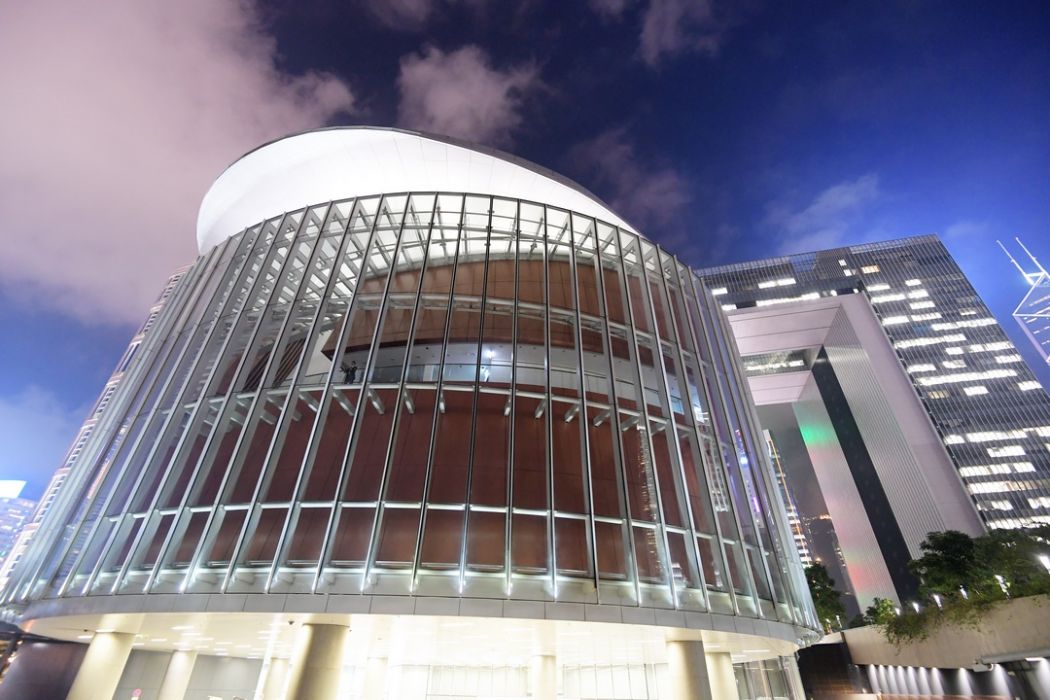The United States on Monday imposed sanctions on 14 senior Chinese officials as it vowed there would be a price to pay for Beijing’s growing clampdown in Hong Kong.
President Donald Trump’s administration said it was freezing any US assets and barring travel to the United States of 14 vice chairs of the Standing Committee of the National People’s Congress, which spearheaded a tough new security law in the city.

The latest sanctions “underscore that the United States will continue to work with our allies and partners to hold Beijing accountable for undermining Hong Kong’s promised autonomy,” Secretary of State Mike Pompeo said in a statement.
“The United States again urges Beijing to abide by its international commitments and to heed the voices of many countries, which have condemned its actions.”
The United States has already slapped sanctions on Hong Kong’s pro-Beijing leader, Carrie Lam.
While Lam has sought to play down the effect of sanctions, she acknowledged in a recent interview that she relies on “piles of cash” as she cannot maintain a bank account due to the pressure from the US Treasury Department, which has broad influence over dollar-denominated transactions.
Welcoming Hong Kong residents
The House of Representatives voted unanimously Monday to make it easier for residents of Hong Kong to live in the United States, following similar steps by Britain and Canada.
Representative Tom Malinowski, a member of Biden’s Democratic Party who led the Hong Kong act, said that welcoming people was more powerful than deciding to “slap a few sanctions” on Chinese officials.

“The best way to win against a dictatorship is to pit the strength of our system against the weakness of theirs, to hold up the glaring contrast between our free, open and self-confident democracy against the weakness of the oppressive, closed and fearful system that the Communist Party has imposed on the Chinese people, including now in Hong Kong,” Malinwowski said on the House floor.
“It’s actually much more than a humanitarian gesture — it’s one of the best ways to deter China from crushing Hong Kong,” Malinowski said.
Hong Kong residents would enjoy so-called Temporary Protected Status for five years, joining citizens of conflict-ridden states such as Syria who cannot be deported and will have the right to work in the United States.
The move still needs approval by the Senate but it has support across party lines — unlike a previous bid by Democrats to extend the status to Venezuelans, which was effectively blocked by Trump’s Republicans.
The Trump administration has described decades of efforts to engage China to be a failure and the US intelligence chief, John Ratcliffe, last week called Beijing “the greatest threat to democracy worldwide.”
In other steps last week, Pompeo terminated five Beijing-funded exchange programs, calling them propaganda tools, and said the State Department would limit the validity of visas for any members of the Chinese Communist Party and their family members — a decision that could affect hundreds of millions of people.
Curbing dissent
China’s rubber-stamp parliament pushed through the draconian new security law in June despite international warnings that it was violating a promise to allow a separate system in Hong Kong made before Britain handed over its colony in 1997.
Through the security law, China has largely succeeded in stamping out protests that rocked Hong Kong last year.

On Monday, Hong Kong police cited the law to arrest three people who last month chanted slogans at a university campus.
Also in November, pro-democracy lawmakers resigned en masse from the Legislative Council after the disqualification of four of their colleagues.
Pompeo said that China’s “unrelenting assault” has “effectively neutered the ability of the people of Hong Kong to choose their elected representatives.”
Support HKFP | Policies & Ethics | Error/typo? | Contact Us | Newsletter | Transparency & Annual Report | Apps
Help safeguard press freedom & keep HKFP free for all readers by supporting our team
























